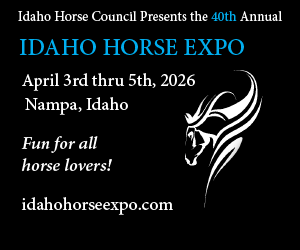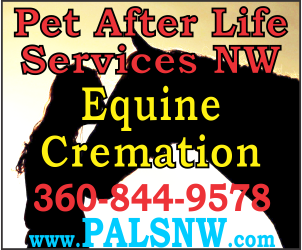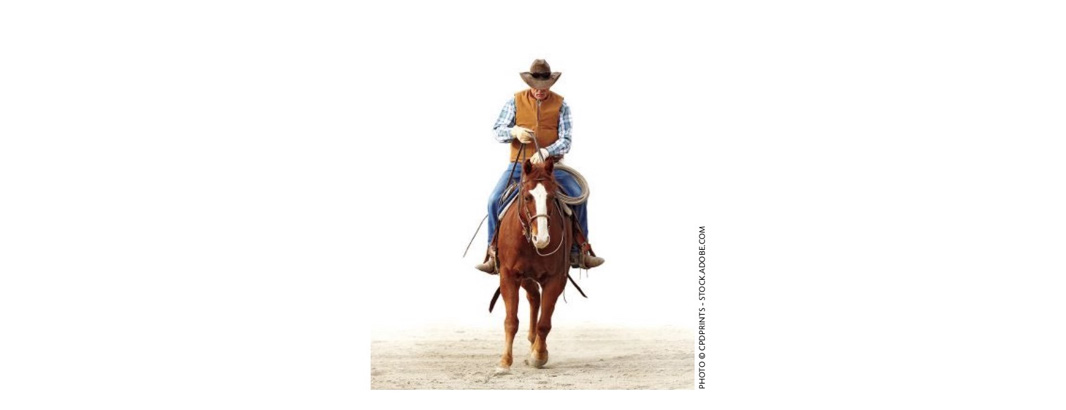Horse Training Wisdom Begins with the Human
by Allison Trimble
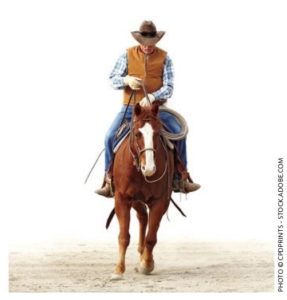 I haven’t trained horses professionally for a number of years, but my conversations still turn to the subject daily. I’ve been blessed with many different types and qualities of horses in my life, and I’m fortunate to have been surrounded by some incredible horsemen. I didn’t have a trainer to learn from, so I spent a lot of time watching. I went to clinics, but more than anything I watched the practice pen at horse shows. I learned to be observant and took what I saw back to my unsuspecting string of horses. I’m not sure that was the straightest course of action, but I did learn a lot.
I haven’t trained horses professionally for a number of years, but my conversations still turn to the subject daily. I’ve been blessed with many different types and qualities of horses in my life, and I’m fortunate to have been surrounded by some incredible horsemen. I didn’t have a trainer to learn from, so I spent a lot of time watching. I went to clinics, but more than anything I watched the practice pen at horse shows. I learned to be observant and took what I saw back to my unsuspecting string of horses. I’m not sure that was the straightest course of action, but I did learn a lot.
What I lacked in natural talent I made up for through an awareness that I carried the responsibility of the entire process. I am grateful for that lacking because it forced on me greater understanding.
The majority of horse folk don’t show, but they still have a relationship to maintain with their horse. There is a difference between horsemanship and having a relationship with an individual horse. Horse owners talk about what their horse is doing (or not doing). This is the point where I start to wax philosophical. Here are a few nuggets to chew on if you find yourself in a struggle with your horse.
- It’s never the horse. Horses are simple and honest. There is always a reason for their action or reaction. Civilization wasn’t built on the backs of horses because humans are amazing horsemen. There is always some factor that is not being considered. A horse does not go from being a great partner to being difficult without a reason. If you haven’t yet found the reason, you are probably it.
- Most people only have a few horses in their lifetime. Most issues I see are with people who have had success with one or two horses over a period of time, but now have a problem horse. Do not mistake being lucky enough to have had a great horse with being a proficient horseman. Great-minded horses are amazing and good for confidence, but they don’t always improve horsemanship. Good horsemanship means that there is a skill set and understanding that is usable across all horses.
- There is a difference between a broke horse and a horse that performs because it is willing. Broke horses have been handled and brought along through correct training so that they are willing because of their training. A broke horse will always do as directed. A willing horse has cooperated with the rider because it is a good-natured beast, but these are the most likely to have problems. These are also the most common horses to see among non-professionals. A change in their situation can make it appear that they have come untrained or unruly. It is often a surprise to the rider; they feel a certain behavior came out of nowhere. Horses with this sort of nature are what everyone looks for, but they need to be put through the training process properly to become the “best of the best” broke horses.
- There is a difference between a broke horse and a broken horse. I can frequently spot a horse that is obedient because it’s afraid not to be. There’s a look to their eye, and those horses almost always find a way to change their pecking order. Ruling a horse with a heavy or unfair hand will always end badly. Don’t be that guy.
- There are ways of being that resonate best with horses. Fair, concise and clear boundaries are never wrong. I often see people with good intentions interacting with their horses in a way that is tantamount to hooves on a chalkboard. Most people who nag or pick at their horses do not intend to. The theoretical understanding is there, but the application falls short. To become a student of the horse is to become aware of ourselves. I remember the first time I watched a video of myself showing. It was an out-of-body experience because it did not feel as it looked. We all do a good job of observing others, but it is best to be observant of ourselves.
- Lessons learned with horses can be readily applied to other relationships (work, parenting, interpersonal relationships). Horses are awesome models of fairness and unconditional love. They give us endless chances to improve our life process. Do not take experiential learning from human-to-human relationships and apply it to the relationship with a horse. Horses are a combination of conditioned response and reaction to their present moment. They are that simple and wonderful. Anthropomorphizing a horse is always a mistake, and honestly an insult to horses everywhere.
We live in a time of highly available information. Take your critical mind and become a student. Examine your weaknesses and shortcomings and find a way to work with or around them to grow your relationship with your horse. If you don’t know where to start, know for sure that it starts with you.
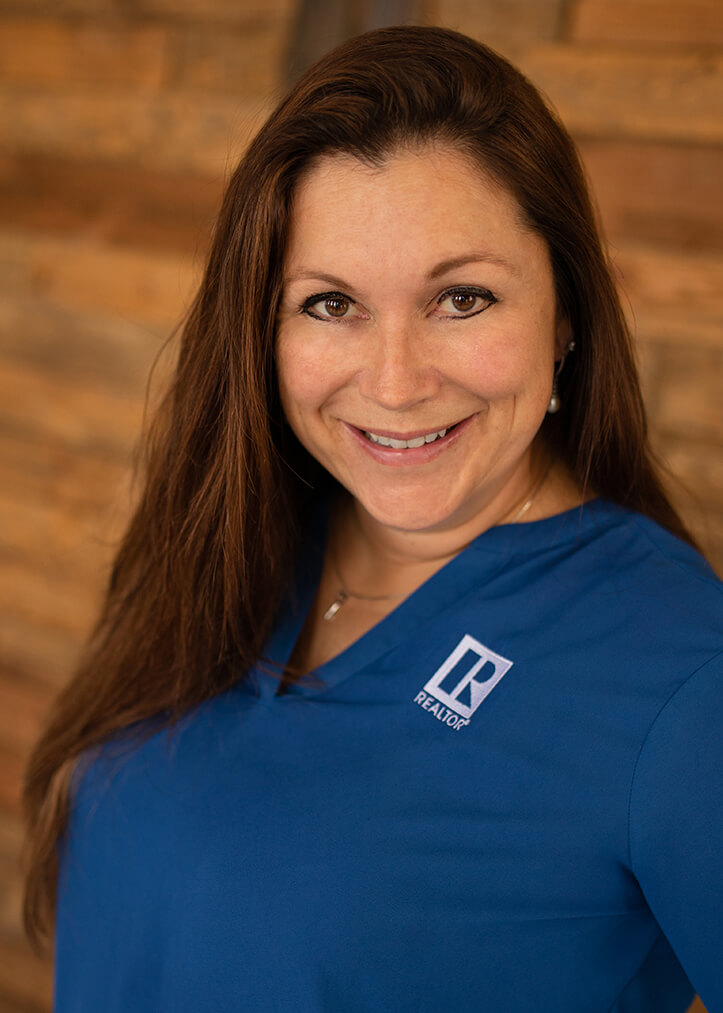
Allison Trimble is a Realtor® specializing in equestrian properties, farm and ranch properties, and residential real estate. She’s a former horse trainer, and a current owner, breeder, and non-pro competitor in cow horse and reining events. For many years, Allison wrote a monthly column for The Northwest Horse Source.
Learn more at www.allisonblakerealestate.com



